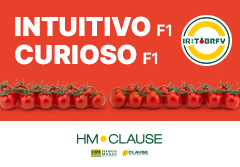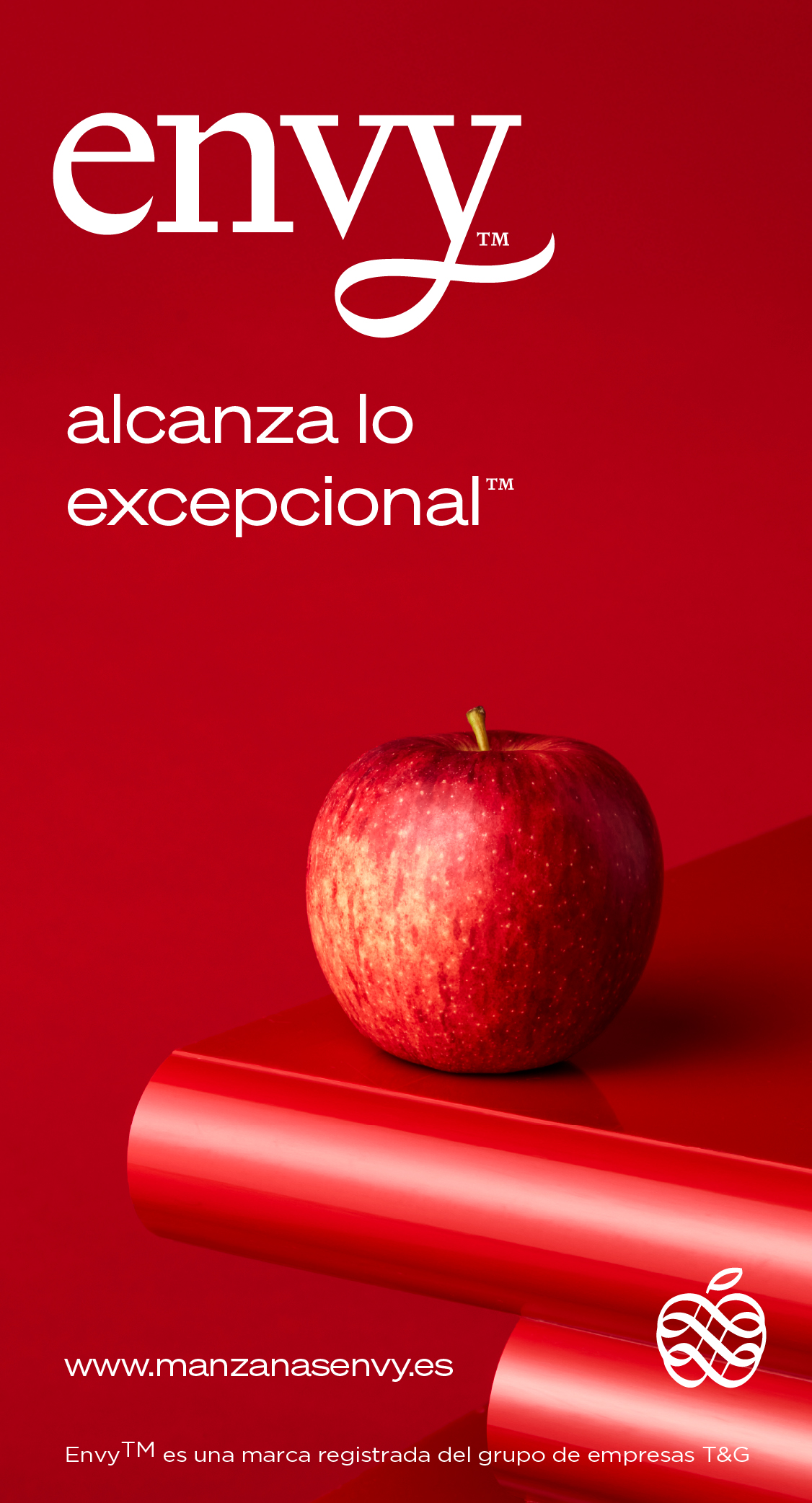Farmers in Extremadura were surprised by a heavy hailstorm on the 12th of April. The area of Vega Alta and, in particular, the town of Entrerríos were badly affected.
In other districts such as Valdivia and Zurbarán, the storm also arrived at a time when thinning work was being carried out in the stone fruit orchards. The damage has varied in importance, with nectarines and plums receiving the worst part, and to a lesser extent, peaches and apricots.
The effects of the hailstones are added to the pressure and uncertainty of the world health crisis, making it foreseeable that it will be a campaign full of important challenges: all of this in a context in which stone fruit must restructure its offer. This year alone, it is calculated that over 3,000 hectares of fruit trees have been grubbed out in Extremadura.
At present, the companies must face up to problems derived from the health emergency: labour shortages, increases in costs of transport for the day labourers and a rise in production costs within the central installations, due to alternating shifts and the distancing of workers, as COVID-19 prevention measures.
























